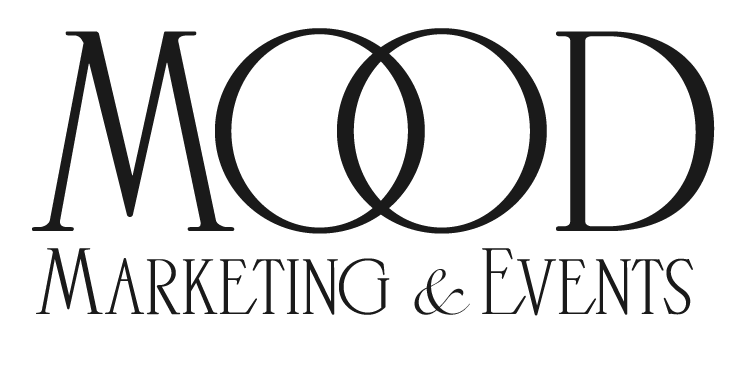As we approach 2025, significant changes are coming to how health and wellness brands can advertise on Meta platforms. The introduction of new restrictions will limit the use of key event tracking for sensitive categories, potentially reshaping how businesses run their campaigns and measure success.
For businesses relying on events like “Purchase” or “Add to Cart” to optimize ads, these restrictions could have far-reaching effects. But it’s not all doom and gloom—proactive adjustments and strategic pivots can help mitigate the impact and keep campaigns on track.
Here’s everything you need to know about the changes, how they might affect your ad performance, and actionable steps to prepare.
What Are the New Restrictions?
Meta is introducing stricter guidelines for ads related to health and wellness, categorizing these products and services as part of a “sensitive category.” Starting in January 2025, businesses in this category will lose access to high-intent events like “Purchase” and “Add to Cart.”
Instead, advertisers will need to optimize campaigns around less specific, non-restricted events such as “Landing Page Views” or “Engagement.” These changes are intended to enhance user privacy, but the broad definitions and automation Meta uses for categorization could inadvertently affect a wider range of businesses.
Who’s Affected?
The impact of these changes extends beyond traditional health and wellness brands. Businesses that may feel the ripple effects include:
- Supplement and Fitness Product Brands: Protein powders, wellness kits, and exercise programs.
- Medical Services and Telemedicine Platforms: Online consultations, pharmacies, and clinics.
- Legal Services: Personal injury law firms handling health-related cases.
- Health and Lifestyle Apps: Apps offering mental health support, fitness tracking, or dieting advice.
Even businesses loosely connected to these industries may face restrictions due to Meta’s broad classifications.
Why Does This Matter?
1. Disrupted Ad Performance
Campaigns optimized for high-intent actions like purchases often outperform those aimed at broader goals like traffic or engagement. With these restrictions, businesses may see a dip in performance and need to recalibrate their approach.
2. Misclassification Risks
Meta’s automated system might flag businesses incorrectly, applying unnecessary restrictions. For instance, a general wellness blog or a fitness app might be treated the same as a pharmaceutical company.
3. Revised Campaign Objectives
With access to high-intent events restricted, businesses must explore alternative strategies to maintain performance and achieve their goals. This could involve rebuilding campaigns with entirely new objectives.
Steps to Prepare Your Campaigns
1. Review Your Events
Start by auditing your Events Manager to identify which events are flagged as restricted. Familiarize yourself with Meta’s list of allowable events and consider which options align best with your business objectives.
2. Focus on Non-Restricted Events
Shift your optimization efforts toward events like “Landing Page Views,” “Engagement,” or “Search.” While these may not be as high-intent as “Purchase,” they can still effectively drive awareness and action when strategically utilized.
3. Monitor Your Categorization
Regularly check your account status to ensure your business isn’t misclassified. If flagged incorrectly, submit a review through Events Manager promptly to avoid unnecessary disruptions.
4. Avoid Policy Violations
Resist the urge to create custom events that mimic restricted ones. This could violate Meta’s policies, leading to further complications for your account and campaigns.
5. Rethink Campaign Strategy
Explore creative ways to engage your audience while staying within the new guidelines. For instance:
- Content Marketing: Use ads to promote valuable resources like guides or blog posts to drive traffic and engagement.
- Brand Awareness Campaigns: Highlight your unique value propositions to a wider audience.
- Retargeting Strategies: Refocus efforts on visitors who have engaged with your content or site.
What to Watch For
Meta has indicated that notifications will be sent through email, Ads Manager, and Events Manager to alert businesses of any flagged events or ad sets. Keep a close eye on these updates to stay ahead of potential disruptions.
While these changes may pose challenges, they also offer an opportunity to diversify your approach and rethink how you connect with your audience.
Ready to Adapt? Let’s Talk.
Meta’s new restrictions may be shaking up the advertising landscape, but they don’t have to disrupt your success. At Mood Marketing, our paid social media experts are ready to help you adapt your strategy, optimize for new events, and maintain strong results.
Schedule a call today to discuss your 2025 marketing strategy and ensure your campaigns thrive under Meta’s new guidelines. Let’s navigate these changes together!
